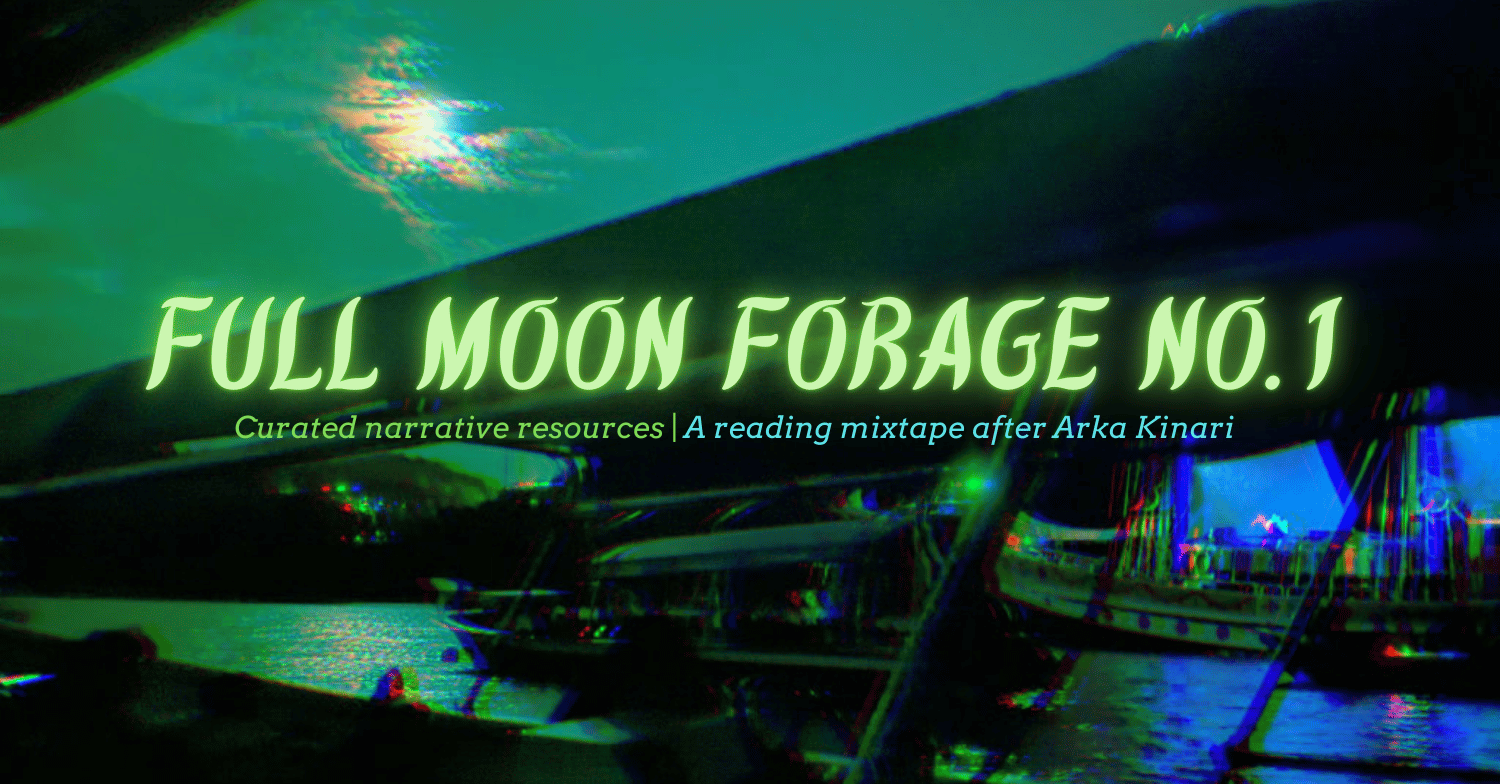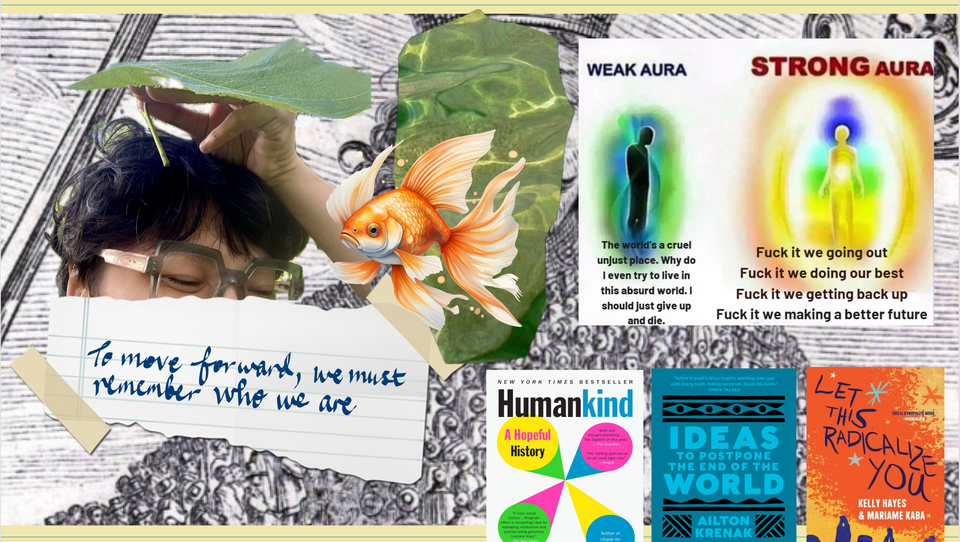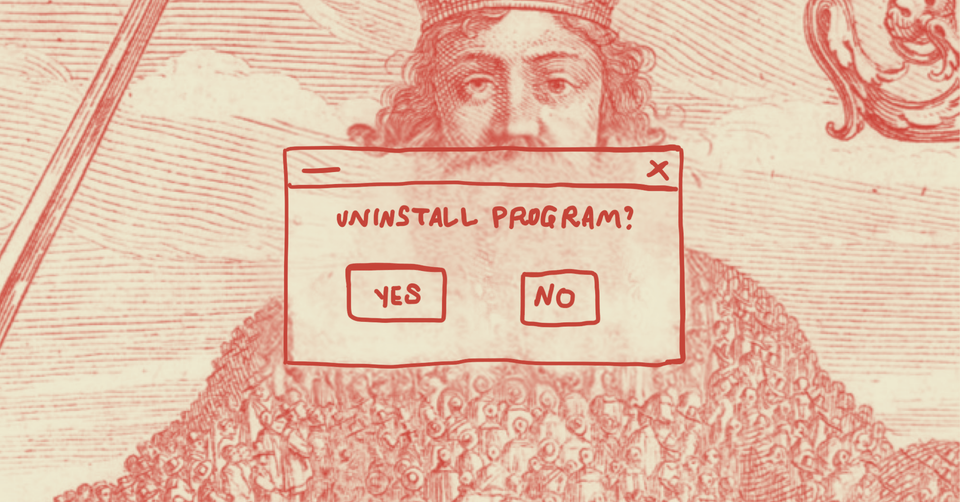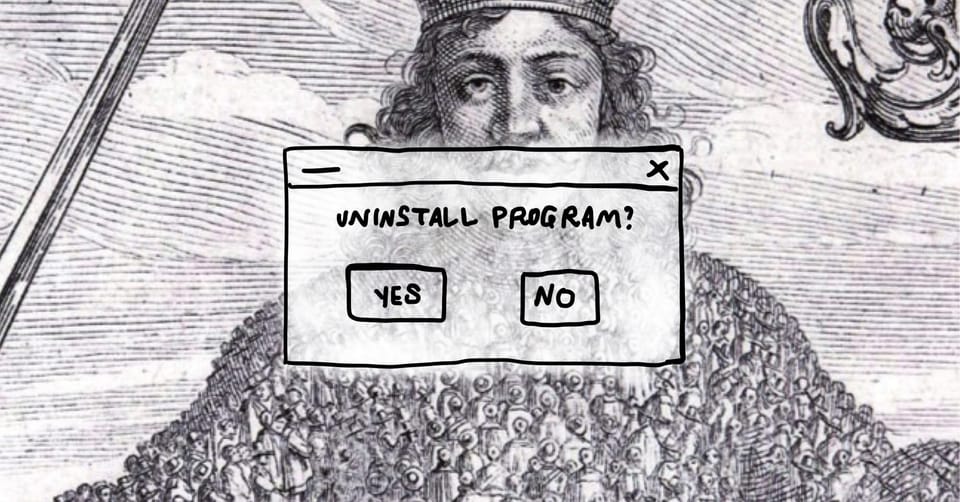To bear witness is an act of resistance
On bearing witness, decolonising death positivity, and being steadfast with a heart that will never recover.
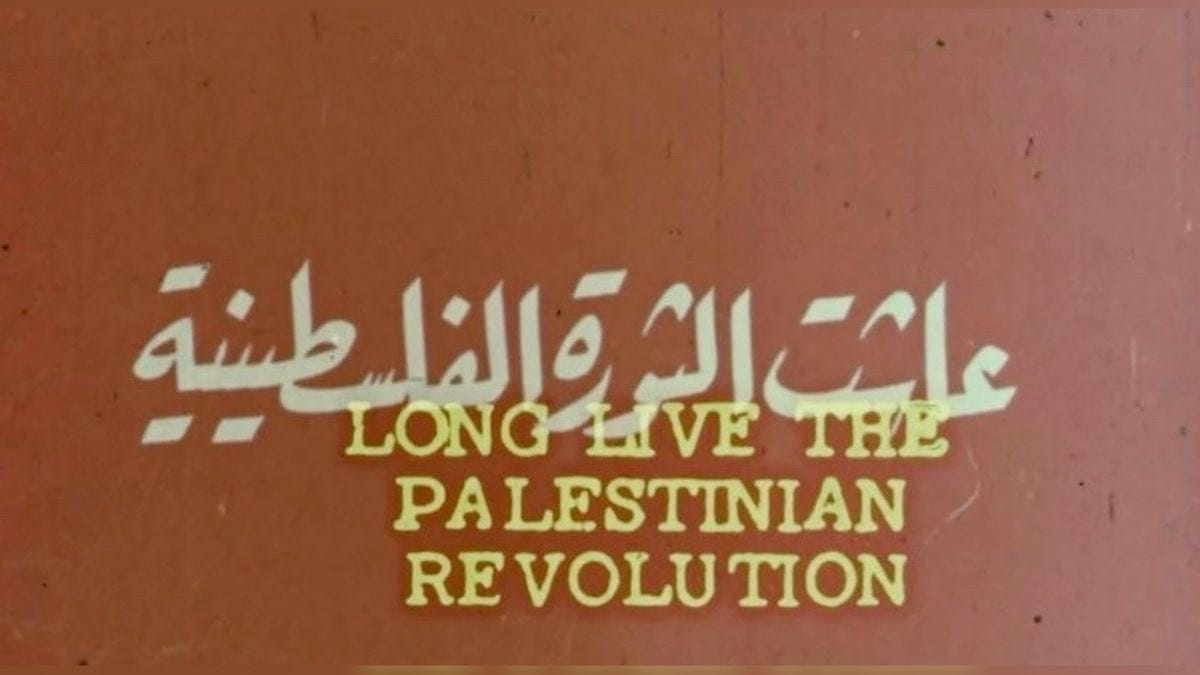
In Arabic, roots are present and close, directly giving life by relating all words that branch from it.
In Arabic, root verbs are known and recognisable. They are immediate and present. Its subjects, verbs and objects are directly related. Any three-letter root verb gives life directly to all words that bud and branch from it.
In English, roots are a more distant thing; you don't need to recall them to get by. We can ask for gauze without knowing if the word is rooted in Gaza.[1]
But because roots are important in the structures of Arabic, the tongue does not easily forget something that is so close. Take this comparison from Lebanese translator Lina Mounzer:[2] "In English, a writer writes a book; a letter. In Arabic, al-katib yaktubu kitab; maktoob. All from the root k-t-b, to write."
Like all Arabic root verbs, to bear witness (sh-h-d) has many other buds and branches.
Lina Mounzer again: "From 'to witness,' we get shahed, the one who witnesses; mashhad, the spectacle or the scene, but also shaheed, martyr; istishhad, to be martyred, to die for a cause. As if the act of bearing witness, followed to the end of one of its branches, snaps under the weight of what is seen, and you fall to your death. As if to die for a cause in Arabic is to bear witness to something until it annihilates the self."
Each root can be transformed into one of 15 possible verb forms, each connected to the general meaning of the root used.[3] Being a shahed is brief, only a temporary part of one's identity or function. But every shaheed is the ultimate witness.[4] The shaheed's entire being serves as a testimony of their times. In fact, you could say their sole purpose is to bear witness to their oppression— through their body, through what their flesh had to endure.
Testimony and witnessing share the same root as martyrdom.
In the Palestinian context, shaheed refers to a Palestinian or ally who has been killed at the hands of military violence, occupation, or while defending Palestinian rights.[5] But speakers of Arabic (and many Muslims in general) commonly call people who have died in wars martyrs. It is not a value judgement, but simple fact—announcements of martyrdom are sometimes met with reactions of tearful joy or 'alhamdulillah'— a persistent display of death positivity that is discomforting to the imperial gaze.
This concept of martyrdom has gone through its own etymological journey in English,[6] from first sharing meaning with Arabic (the original Greek root μάρτυρ also meant 'witness') to something more like 'certain death for one's beliefs.' This baggage in English forms a roadblock of unease[7] that many of us raised deeply in individualism and selfish capitalist cultures are being called to break down.
In Palestinian storyteller Jenan Matari's comments section on one of her most moving Instagram videos yet,[8] I saw many Europeans and North Americans admit to navigating their deep unease and fear of death and collective acceptance of mortality in light of what they have witnessed in the last 10 months of Palestinian resistance to occupation.
One of them is Rachel McKibbens @vulturekiss:
Since this past October, I have been shown the extraordinary power of the Muslim faith and a certainty-of-return that drives the spirit of those indigenous to Palestinian lands. What is there to fear when you have died upon the very soil from which you bloomed; when you are the personified tradition of your homeland? Empire's greatest fear is the death positivity embedded in indigenous cultures. They can't wrap their empty heads around someone willing to die for land because they are too busy killing for it. Martyrs become spiritual footsoldiers to a higher power, while an occupation digs its own karmic grave, time and time again. Thank you, always, for the work you put in for your people, Jenan. It is a love many of us are privileged to witness. It is a love we are willing to fight and die for.
I have opened Instagram, Twitter, and Tiktok almost every day since October 2023.
As a Muslim who does not yet speak Arabic, I was raised to associate 'bearing witness' most frequently with the shahada, the Muslim identity's most basic boundary: my partner wasn't a Muslim before declaring they bear witness to a singular power, and was 'officially' one after. It doesn't get to fade for us, the testimony is affirmed in every prayer.
The concept of bearing witness has changed for me too. I hear the screams and see the bodies of faraway people in my phone every morning[9] as close to me as a video call. I dig through pocket bazaars disguised as social apps and compel them to bring me testimonies of people, many of whom are martyred now. I block brand accounts of every ad, unfollow sponcon, follow backup accounts and dodge shadowbans. And then in between my attention on the day's horrors, my body moves through life with seemingly no connection to everything I just saw in those electronic bricks— in a village where neither Israeli flags nor police drones fly, where nobody asks for my ID and nobody attacks me if I say genocides must end, where the biggest empires of the world have yet to enthusiastically delete my people from the face of the earth.
We must never move on from what we have witnessed.
We were not meant to get these images out of our heads. These documented atrocities must inspire a lifetime of action. Jenan Matari said back in March 2024:[10]
When we talk about bearing witness, we need to ensure that we are understanding that obligation appropriately. Because again it’s not just watching the atrocities and taking in the trauma. Bearing witness means connecting yourself to that suffering to a point where it moves you into action. It mobilises you. It activates you. It means understanding that this suffering is not far from you. Colonisers have a habit of making us feel disconnected from the rest of the world. That’s why there is so much focus on the individual in western societies. Because the more disconnected you feel from everyone and everything around you, the less likely you are to understand that what you are watching is not far from you. It could happen to you tomorrow. The world is massive but much smaller than what the coloniser wants you to believe. It is much more connected than what they want you to believe. And you bear witness. It’s not just watching these horrible things that are happening. You have to feel it. You have to be able to internalise it. And then you have to do something to stop it. [...] Watching it is not enough. On a spiritual aspect, on a religious aspect, on a human aspect, watching this is not enough. It has to move you. You have to do something to stop it. This is what we mean by bearing witness is an act of resistance.
I relate to YK Hong when she wishes for her heart never to recover:[11]
"When I say, “May my heart never recover so that I will revolt forever,” I truly hope that my heart never recovers. In many cultures of the Global Majority anger and rage are not negative sentiments. Imperialist western culture teaches you that anger is a bad emotion that you should try to suppress and avoid at all costs. It is also colonial thinking that makes you believe that you can only have one emotion at a time. That is simply not sure. I experience joy as fully as I experience rage, often simultaneously."
Layla K. Feghali says rage is a deeply fundamental and life-affirming feeling, a call to action that reminds the body that it is still alive despite all things, that your heart is alive and awake and ready to trust in the righteousness and integrity of life:
"We who live in the belly of the beast, who do not fear bombs on our heads every moment, we need to completely destroy the way that capitalism has indoctrinated us with attachment to comfort and privilege and feeling good. Taking care of the life in front of us means holding our places responsible to the integrity of life. Palestine may be freeing us, but only if we also become Palestine."
The young American— raised on active shooter drills as a kid, only to be enslaved by either student debt or newly-shredded child labor laws[12]— is steadfast enough to push back against uniformed Israeli-trained killers[13] because of the young Palestinian who threw a rock at uniformed Israeli-trained killers.
Both have to choose to manifest steadfastness, endurance, resolve in the service of their moral compass and value systems.
Both have to manifest strength, determination, and defiance in the face of persistent oppression at all times.
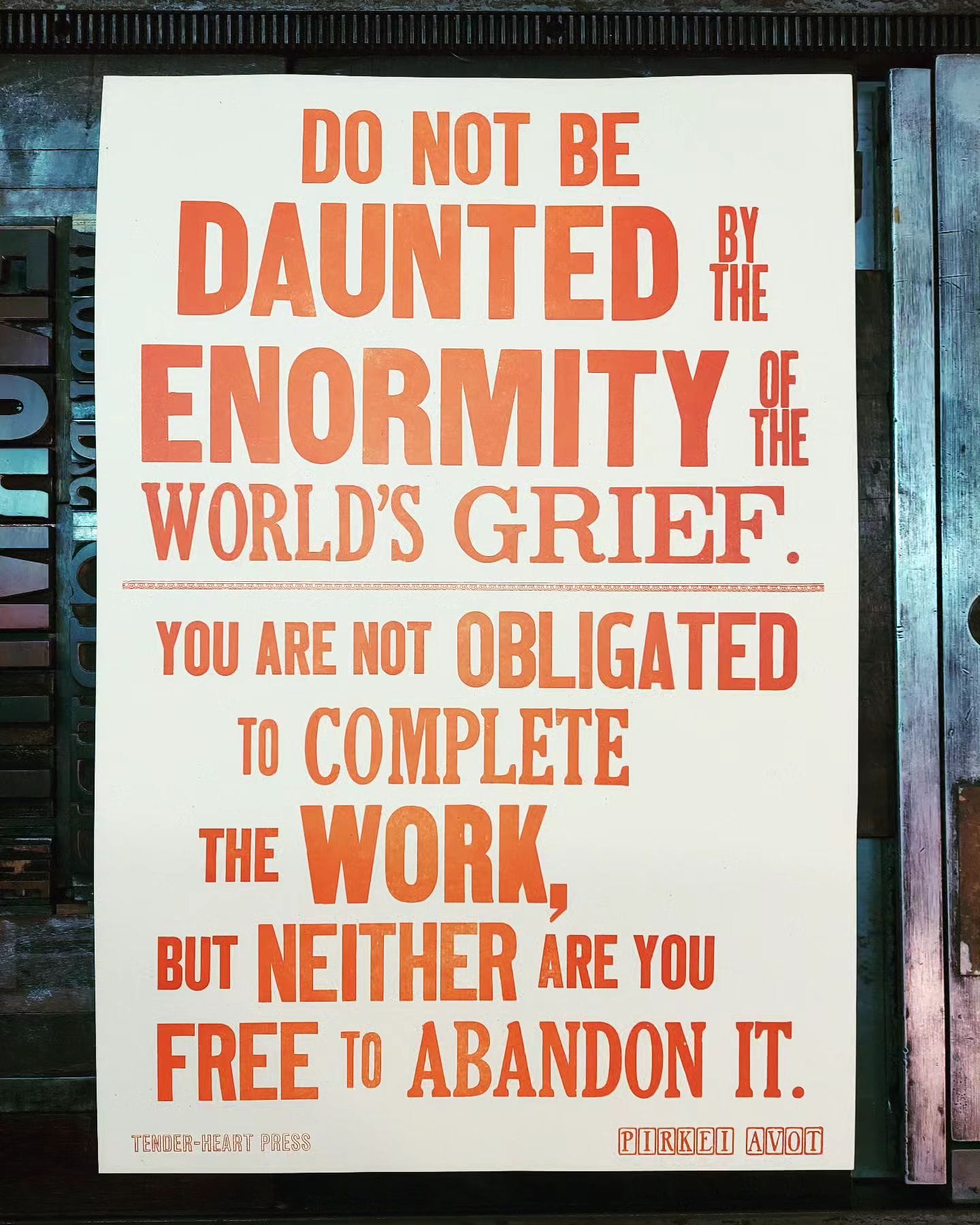
Witnessing catastrophe in an attention economy means managing indifference and helpless defeat.
Palestinian psychologist, professor and writer Hala Alyan describes psychic numbing as a phenomenon in times of staggering catastrophe where your system tries to protect you from what it shouldn't ever have to by setting up cognitive and emotional shields of indifference, helplessness, and defeat.[14] The greater the devastation, the more our willingness to help decreases. But disengaging from each other will not protect our mental health when what we need more than ever is collective safety and liberation.
To counter psychic numbing, Hala recommends the following practices:
- Bear witness with purpose. "Find the individuals behind the surreal numbers. The clips and photographs are testimonies— we are being let into the lives of others in the most intimate ways."
- Turn to community. "Psychic numbing is a means of turning inwards, disconnecting from others. Communal gatherings are a remedy, even silent or remote ones."
- Notice what replenishes your capacity. "What acts of solidarity? What pockets of daily life? Which people, foods, landscapes, artworks, prayers refuel you? Cultivate whatever builds your endurance."
- Reset your nervous system. "After clips or news stories, hum deep in your chest for the length of a breath. Inhale for four seconds, hold for seven, exhale slowly through pursed lips for eight."
- Lean into small actions. "It is easy to focus on the sense of powerlessness, the inconceivable loss, the vetoes, the complicity. It might feel cognitively harder to recognize our collective power, to remember the impact of small actions: they dismantle powerful narratives, seed curiosity, mount political pressure."
Our steadfastness will outlast the destruction of the occupation.
Holocaust survivor Victor Frankl says one who becomes conscious of the responsibility they bear towards another person affectionately waiting for them, to an unfinished work, will never be able to throw away their life.[15] Rabbi Tarfon in Pirkei Avot (2:16) reminded us it is not our responsibility to finish the work, but neither are we free to abandon it.[16]
What does bearing witness mean to me now, after everything I have learned?
- To bear witness is to internalise suffering instead of passively watching it unfold. To bear witness is to be activated into action any way we can to stop the horrors of what we are witnessing.
- To bear witness is to reject erasure and isolation imposed upon us by the ones who dominate us. It is to reject the hierarchies and narratives they rely on us to believe in for their continued supremacies. It is to bear witness to entire family trees listed in breathtakingly long documents naming the dead.
- To bear witness is to reject the individualist perspective that disconnects us from others, and instead move closer to collective responsibility. A life of sustained attention leads to awareness of ongoing patterns of cultural and ecological devastation and our roles in it. Bearing witness is the fuel for acts of global solidarity that overpower the political function of genocide (that is to erase a people from existence).
- To bear witness is to take responsibility for my response to injustice and my desire to be on the right side of history. To bear witness is to defy and dismantle oppression wherever one sees it, and to resist the systems of power that perpetuate the abuse and degradation of living beings.
- To bear witness as a believer is to be certain that no manmade power is ever absolute, true, everlasting. It is to believe that we will all someday be perfectly divinely accounted for all of the above.
- To bear witness is to spend my one wild life recognising my interconnectedness with you and everything that has ever lived— to draw on what I know to be true, and hope whatever little I am able to do helps us free ourselves.
Significant social changes do not occur spontaneously, suddenly, miraculously. Every time a shift is perceived, what we are witnessing is the effect of many, many deliberate choices that make up the collective action of millions and millions of people— all of whom are doing everything they can not to look away.
Amy Goodman & Denis Moynihan, The Undressed Wounds of Gaza, 16 November 2023, after Em Berry's poem Because of Us democracynow.org ↩︎
Lina Mounzer on the urgency of telling the stories of conflict, War in Translation: Giving Voice to the Women of Syria, 6 October 2016 lithub.com ↩︎
Each three-letter root can theoretically be transformed into one of 15 possible verb forms. Each form has a basic meaning associated with the general meaning of the root used. See the Arabic word forms: https://www.arabic.desert-sky.net/g_vforms.html ↩︎
Martyrdom is the ultimate form of witness. Jonathan Liedl in a tweet, 26 July 2023: "One of my favorite ways of expressing martyrdom comes from the Arabic language. The word is استشهد, which is the 10th form of the root "ش-ه-د", which means "to witness." The 10th form conveys seeking what is demanded by the basic verb. So martyrdom is the ultimate form of witness" twitter.com/jlliedl ↩︎
Respond Crisis Translation, Mistranslating the movement: Language is being weaponized to malign the Palestinian liberation movement and justify an ongoing genocide, 2 November 2023 respondcrisistranslation.org ↩︎
Online Etymological Dictionary for 'martyr' (n.) etymonline.com ↩︎
ArabLit, Do You Translate شهداء as Martyrs? 17 February 2012 arablit.org ↩︎
in Jenan Matari's comments section, 7 August 2024 instagram.com/reel ↩︎
Naley on Instagram, "I wanna tell you guys about my morning today", 21 April 2024, instagram.com/reel ↩︎
Palestinian storyteller Jenan Matari on bearing witness, 5 March 2024 instagram.com/reel ↩︎
YK Hong, Righteous Rage, 27 May 2024 ykhong.com/writes ↩︎
Joshua P. Hill on child labour, capitalism and working class crisis in the USA, Put Your Kid To Work Day, 17 January 2024 https://www.jphilll.com/p/put-your-kid-to-work-day ↩︎
Palestinian-American journalist Dena Takruri for AJ+, How Israel Trains U.S. Police (9:35), 3 July 2020 https://youtu.be/eOj_6-x6oNg ↩︎
Hala Alyan on psychic numbing and steadfastness, 8 January 2024 instagram.com ↩︎
Victor Frankl, Man's Search For Meaning (1946) ↩︎
Rabbi Tarfon in Pirkei Avot (2:16), 2nd century CE. The Jewish ethics text Pirkei Avot is the only Mishnah text of 63 that does not deal with laws. https://www.sefaria.org/Pirkei_Avot.2.16 ↩︎
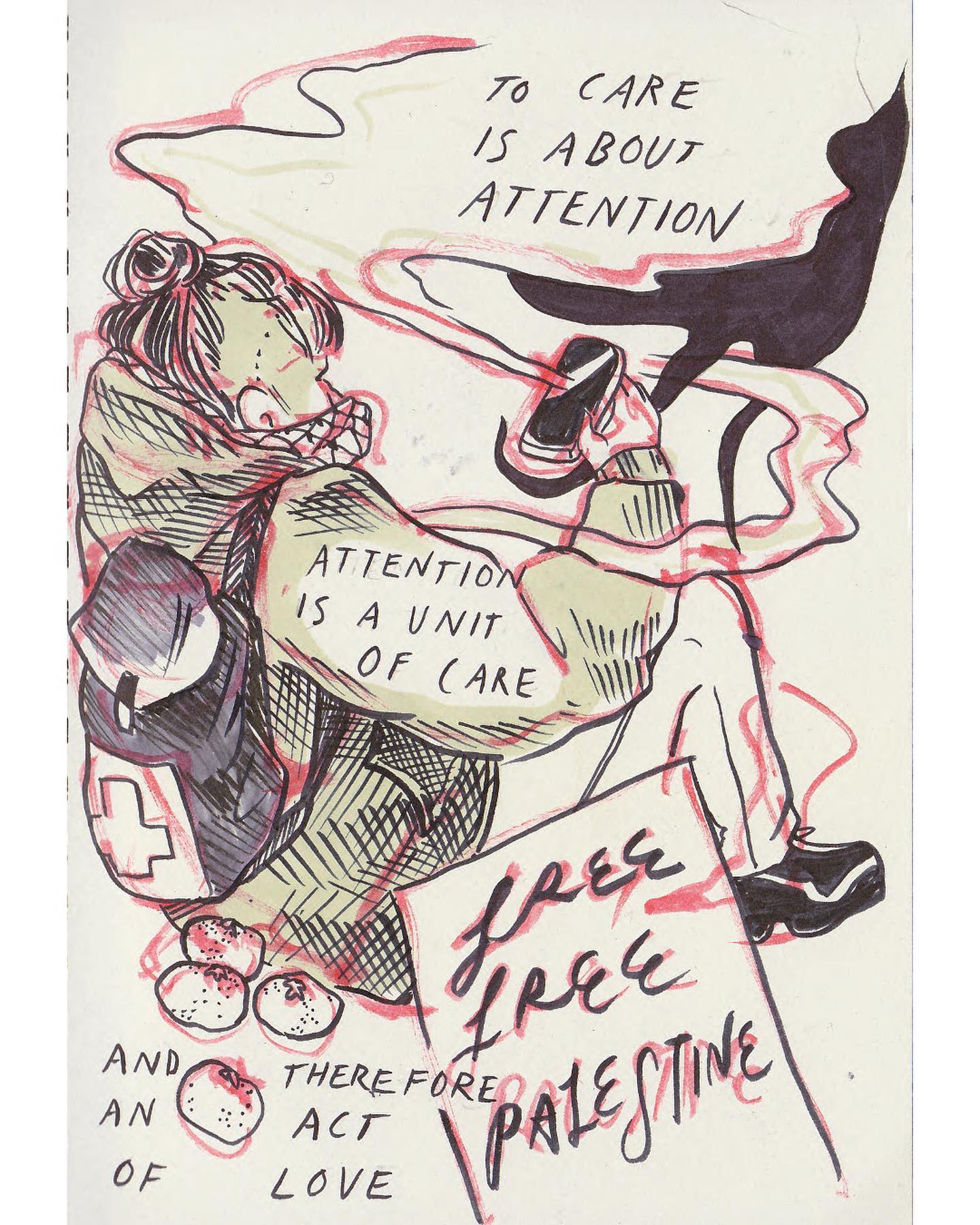
The land fights, too
A poem on steadfastness by Nour Khalil Abu Shammala, a lawyer in training in Gaza | Published on The Electronic Intifada, 5 August 2024
The earth yields its fruit,
Defying siege and hunger,
Defying the occupation.
Tomatoes sprout,
Peppers and eggplants,
Despite cut-off water,
Despite forbidden shells.
Mint and basil’s fragrance wafts,
The scent of homeland
In the land of peace.
Despite the tents’ heat,
Children’s displacement,
And loss of dreams,
The earth yields its fruits,
Feeding its children,
North and south,
Refusing starvation.
The earth brings forth vegetables,
And fruits,
Watered by martyrs’ blood.
It fights with its soil,
Holding warriors’ remnants,
Steadfast in death,
Defying weapons,
Defying steel.
Our people plant,
And eat from our land’s soil.
The earth fights side by side,
With its sea, with its brave resisters.
It grows patience,
Quelling children’s hunger,
Silencing mothers’ tears,
Easing men’s burdens.
Only in Gaza,
The earth fights alongside its people.
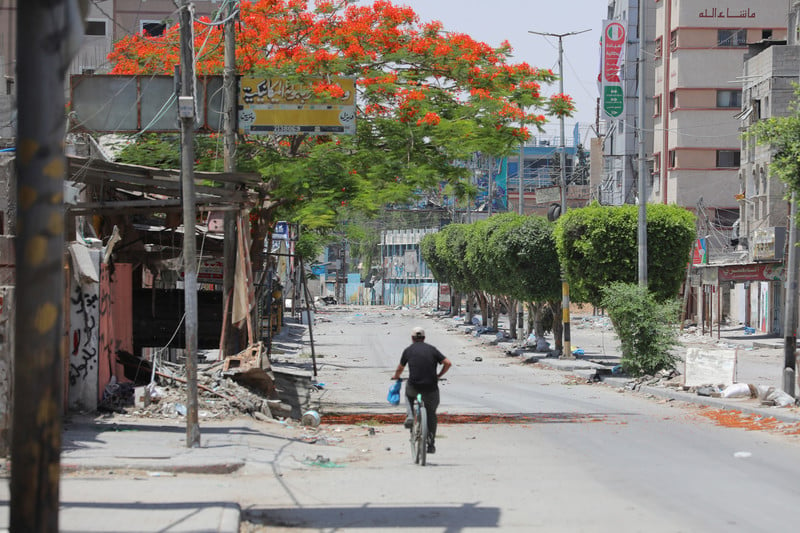
Click through to see a note from the poet about her poem.


